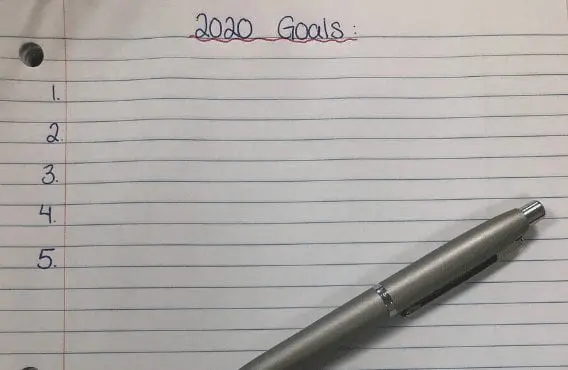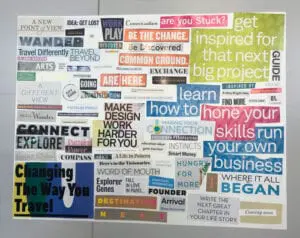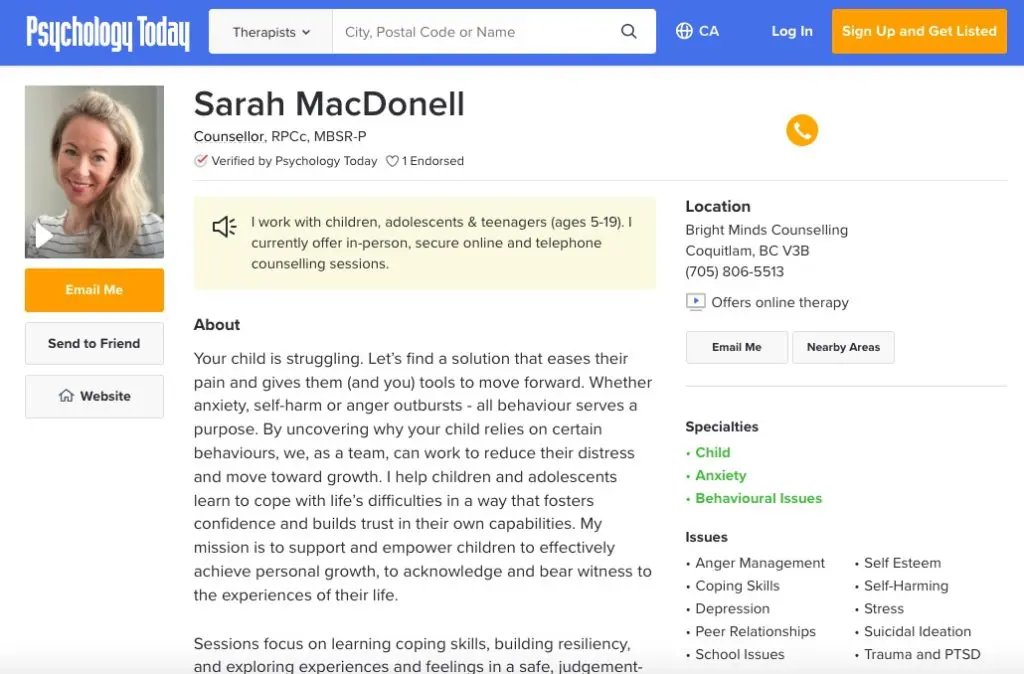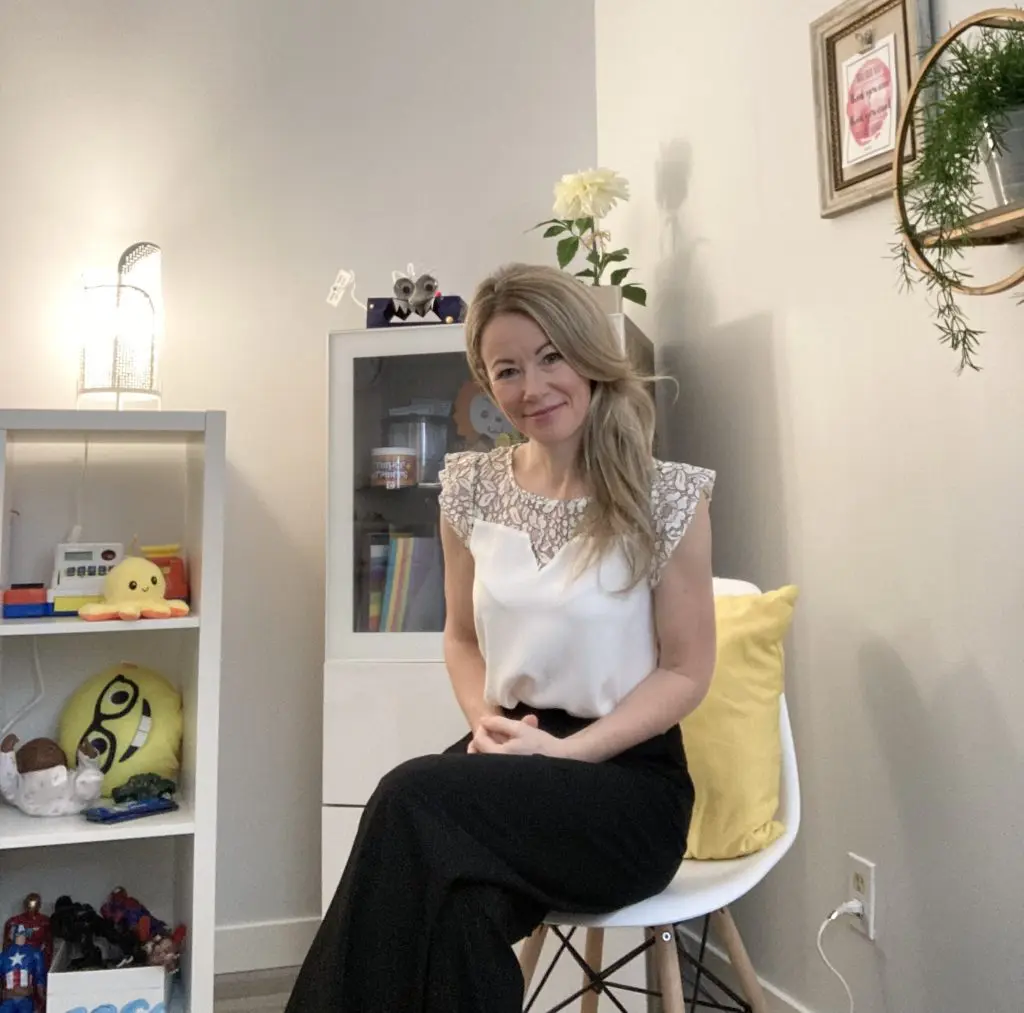
Happy New Year, readers!
Many people make resolutions to start the new year. I know I did. Mine was the typical “I will stop procrastinating”, “I will exercise more”, and “I will drink more water”. I can say that so far, I have stuck to one of these three resolutions.
So why do people make resolutions if they aren’t likely to keep them? Is it due to the belief that with a new year comes a fresh start? Is it because most people around us are also making resolutions so we feel like we must also make them, so we have an answer when someone asks what our resolution is?
I think any of these and more could be the answer as to why most of us don’t keep our resolutions for more than just the month of January. I also believe that some people start to set goals but are so overwhelmed, they lose confidence in their ability to achieve those goals. Often people know what goals they want to set and achieve but they may not know how they want to achieve them. Additionally, they may not have the tools to achieve some goals.
Breaking down large goals into small goals
In working with my clients as a Counselling Therapist, I help them achieve their goals in ways that are not overwhelming by breaking the big goals into smaller goals, as smaller goals feel attainable. By accomplishing small goals, clients gain the confidence to continue working towards their bigger goals.
For example, if the goal is to live a healthy lifestyle, the person thinks about what a healthy lifestyle means to them. It can mean cooking at home, going to the gym, cutting sugar and drinking more water. These are the small goals but to do these small goals every day can be overwhelming. So, I encourage them to start slowly and achieve smaller goals. For example, this person could set the intention to go to the gym two to three days a week and cook at home three days instead of five days a week, eventually working their way up to doing these smaller goals five days a week. This can help achieve their overall goal of being healthy.
Setting SMART goals
In my work as a Counselling intern, I help clients achieve and keep their big and small goals by using the SMART goals model. SMART stands for Specific, Measurable, Achievable, Relevant, and Timebound. When making these types of goals they must be:
- Specific to the topic the client wants to work on
- Measures progress
- Attainable to provide the client confidence to achieve the goal
- Relevant to the bigger goal
- Have a realistic timeline for completing the goal
So far, my clients have had the most success in achieving their goals when using the SMART goals model.
Visualizing goals

A way to help people achieve their goals is by writing them down as they are more likely to commit to their goals when they can see them. Moreover, writing bigger goals out step by step into smaller goals makes them seem less overwhelming.
The written goals should be put where they can be seen every day, like the bathroom mirror or the fridge. This helps with accountability and serves as an inspiration and reminder to continue taking the steps to achieve the goals. It also helps remind people that smaller goals are achievable. This is especially important if people begin to feel like giving up.
Another way to visualize achieving goals is by creating a vision board, which is a visual representation of how the goals will look once achieved. Taking a board and creating a collage of pictures of what the goal looks like, will help stay committed to the goal.
It is easy to become discouraged when the goal falls short of completion. This also could lead to a lack of confidence. The best way to remain confident when achieving goals is to master one goal at a time. Once a person masters one small goal and builds confidence, then it will seem easier to add on another small goal to achieve the overall larger goal.
Check out a video of our Counselling Therapist Program.











